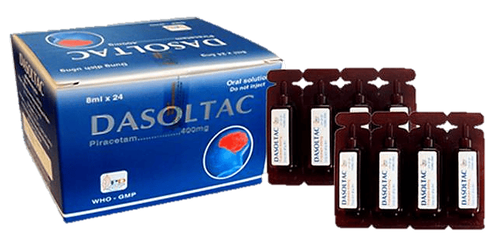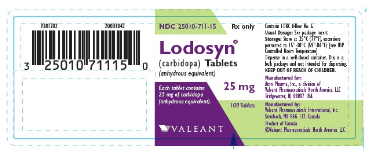Lack of oxygen in the brain is a serious condition that can damage brain cells permanently. Knowing the signs and symptoms of this condition can help us detect it early and seek medical attention promptly.
1. What is brain hypoxia?
A complex network of blood vessels is responsible for supplying oxygen and essential nutrients to the brain for efficient functioning. Although it accounts for only a small portion of total body weight, the brain demands a significant amount of energy. Specifically, the brain requires about 15% of the heart's blood to obtain the necessary oxygen and glucose for daily activities.
Therefore, if there is insufficient blood flow to the brain to meet metabolic demands, the brain will experience hypoxia.
Brain hypoxia is considered the third leading cause of death worldwide, after cancer and cardiovascular disease. Notably, brain hypoxia accounts for 25% of all strokes.
In mild cases of brain hypoxia, patients may experience headaches, fatigue, and dizziness. Severe cases can lead to temporary loss of consciousness/memory, mild hemiplegia, dizziness, pale skin, chills, and difficulties with daily living and work.
Prolonged brain hypoxia can lead to stroke with severe complications such as brain tissue death, cerebral infarction or stroke, sudden death, and hemiplegia.
There are many risk factors for brain hypoxia, but they are mainly due to:
Exogenous risk factors: Including smoking or inhaling cigarette smoke, air pollution, chemicals, dust in the air, or exposure to high altitudes.
Endogenous risk factors: These may include poor lung and cardiovascular function. Atherosclerosis rupture is also a contributing factor.

2. The body's reaction to lack of oxygen to the brain
Respiratory problems: When the brain is deprived of oxygen, you may first experience shortness of breath, rapid breathing, coughing, and wheezing.
Headaches: A feeling of heaviness in the head, especially when moving, thinking hard, or upon waking up.
Dizziness, vertigo, tinnitus: Even in a quiet, windless environment, patients may experience tinnitus. Additionally, they may experience dizziness, vertigo, and loss of balance.
Insomnia: People with brain hypoxia often experience sleep problems such as restless sleep, frequent nightmares, difficulty controlling sleep-wake cycles, waking up in the middle of the night, or difficulty falling asleep until morning.
Memory impairment: Due to insufficient blood flow to the brain, patients may experience headaches, dizziness, vertigo, etc., leading to a gradual decline in memory and forgetfulness.
Numbness, tingling, and pain in the limbs: Patients may experience numbness in their fingertips, sometimes feeling a tingling sensation as if ants are crawling under the skin, or pain along the ribs, sometimes feeling a chill down the spine, and aches in the limbs, shoulders, and along the ribs.
In addition, manifestations of autonomic nervous system disorders such as rapid heart rate, hemodynamic disturbances, hot flashes, slowness, lethargy, fatigue, and decreased physical fitness are also suspicious signs of brain hypoxia.
3. Prevent brain hypoxia

You can apply the following lifestyle changes and remedies to cope with brain hypoxia:
Quit smoking: If you have been diagnosed with brain hypoxia or other lung diseases, quitting smoking is one of the first things you should do to improve your condition.
Avoid secondhand smoke: In addition to quitting smoking, you should also avoid places where people smoke. Secondhand smoke can cause more lung damage than smoking yourself.
Exercise regularly: Exercise is very helpful in improving your overall strength and endurance.
Regarding diet, you should limit your intake of fatty foods, limit the consumption of alcohol, and carbonated drinks, and increase the amount of green vegetables, especially colorful ones, in your diet.
Be aware of the causes of lung and cardiovascular diseases to find ways to avoid them.
Brain hypoxia is a dangerous condition, as even 4-5 minutes of oxygen deprivation can cause irreversible damage to brain cells. Therefore, experts recommend that when you feel the initial symptoms of brain hypoxia or cerebral ischemia such as sensory disturbances, heart rhythm disturbances, headaches, dizziness, vertigo, insomnia, etc., you should immediately go to a medical facility to be examined by a doctor, accurately diagnose the condition of the disease, and propose timely treatment options. Patients should not ignore the symptoms of brain hypoxia as it is very dangerous and can easily lead to stroke.
Please dial HOTLINE for more information or register for an appointment HERE. Download MyVinmec app to make appointments faster and to manage your bookings easily.













